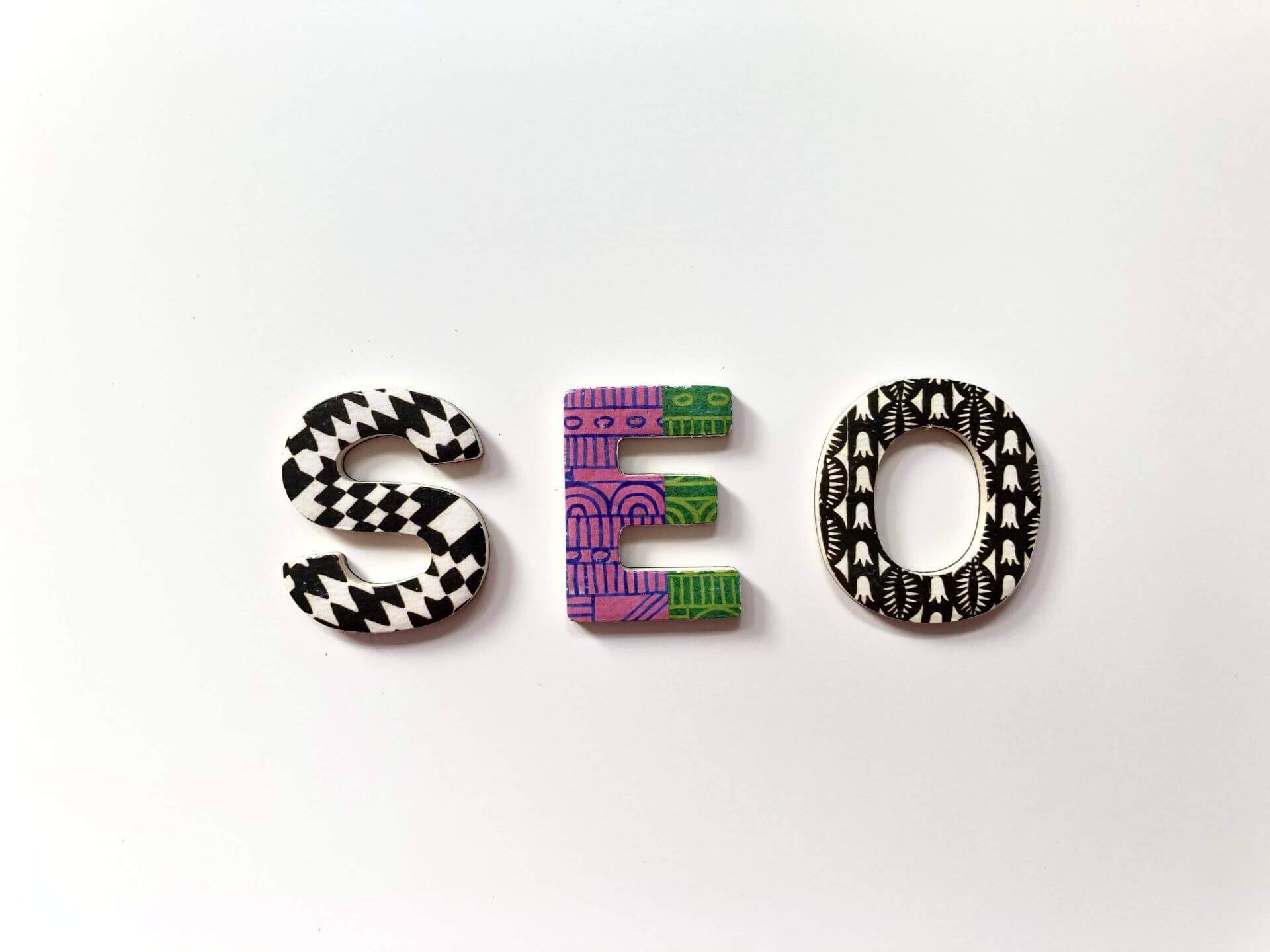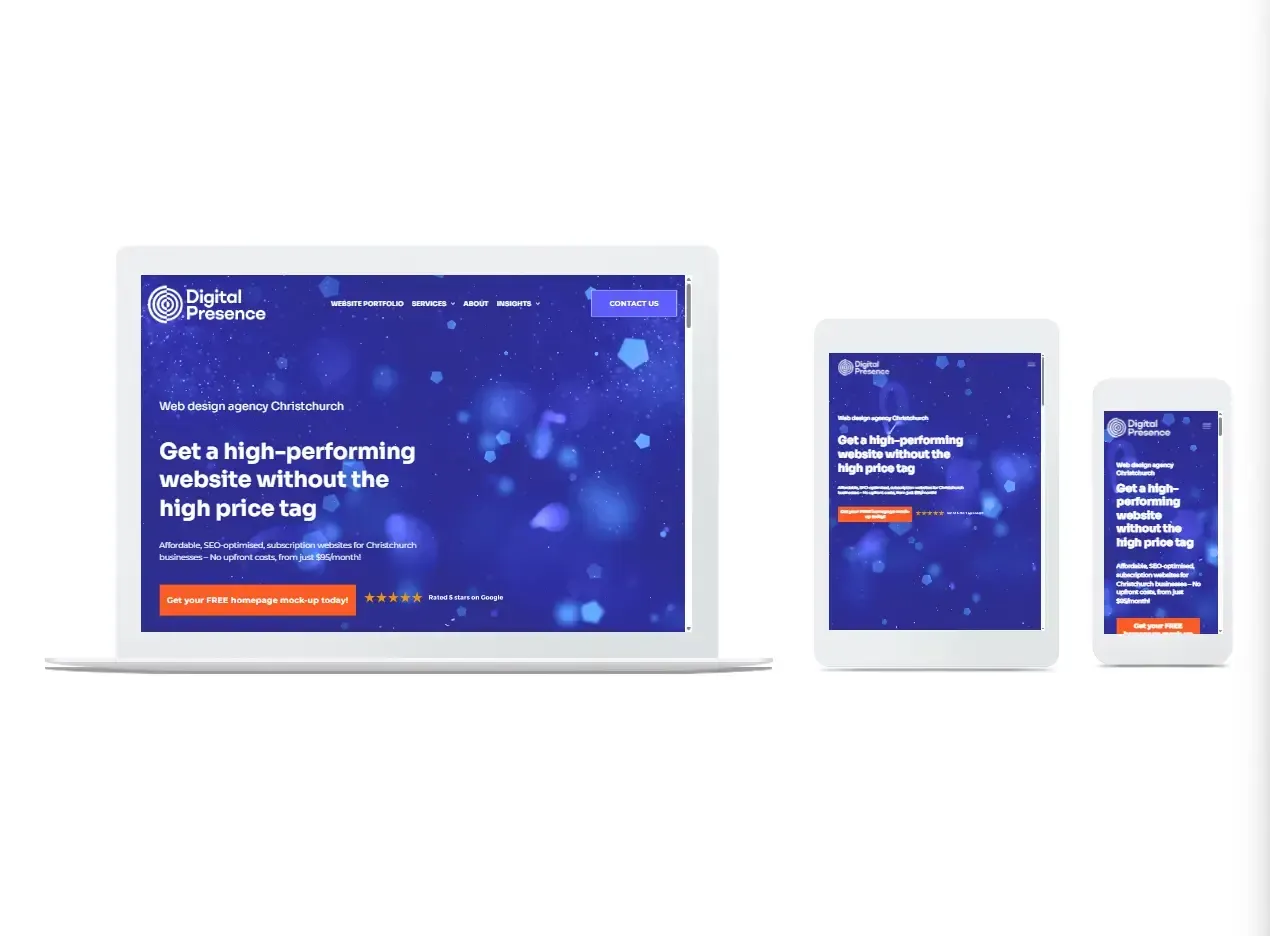SEO vs Content Marketing - Which one is best for your business?
You have a snazzy new website design for your business; it’s responsive, on brand, and performs a few new tricks to make your back-office operations more efficient – you are confident in achieving online business success. Life is indeed good.
But what now? How can you guarantee your website reaches its full potential? A website that fails to attract or convert traffic is at best frustrating, at worst a money pit. But which strategy is going to lead to more growth and profit: an enhanced SEO strategy or a robust content marketing campaign?
What’s the difference between SEO and content marketing?
In a nutshell, SEO is focused on getting more traffic to your website, and content marketing on getting the right traffic.
SEO is the technical process of optimising your website to make it as easy as possible for search engines to understand what it’s about. Remember, search engines are a question-and-answer service, so they need to provide relevant answers to searchers’ queries and SEO helps them fill in the knowledge gaps.
Theoretically, if you nailed your website’s SEO, the search engines would reward your efforts with a higher-ranking position on the search engine pages, but where would the fun be in that? If SEO were the only ranking factors for websites the internet could potentially be a very dull place. Instead, user experience, enjoyment and satisfaction carry weight, and this is where content marketing comes into play.
What is content marketing? It’s the focus on producing, publishing, and sharing content to stimulate the interest of a targeted group of consumers. It’s not explicitly about the brand, but rather about painting the bigger picture to increase authority and trust in the business and an opportunity to showcase industry expertise. Content marketing is creative, visible and memorable to the visitor.

So, which is best, SEO or content marketing?
A strong and successful digital marketing strategy implements both technical SEO and content marketing to increase a brand’s exposure and ultimately its profit. SEO and content marketing are not separate beasts, rather they are symbiotic – mutually reliant on each other to be successful and help the website perform to its best.
This relationship between the two is further strengthened by Google’s August 2022 ‘helpful content update’. The quality of the content you publish is now a confirmed ranking signal, Google are not messing around with this update. If your content does not meet the standard it requires, the website’s ranking position will negatively be affected. Click here to learn more about the ‘helpful content update’.
3 benefits of SEO fuelled content marketing
SEO is a non-negotiable part of a digital content marketing strategy for any brand relying on website traffic for its success.

1. The more quality content you create, the more keyword opportunities
Search engines are only as good as the information Webmasters provide. A couple of paragraphs explaining the products or services you offer, and an alt text description for images, does not provide the search engines enough meat. It is through the strategic use of SEO blog posts, guides and other forms of written content that feed the search engines.
For example, if you are a florist, there are so many diverse reasons why people order flowers that you could not fit them all into one paragraph or page without diluting or confusing the message. An article explaining ‘How to choose flowers for a bridal bouquet’ is helpful and beneficial, and a great way to incorporate relevant keywords you can rank for. You can then write more SEO blogs for other aspects of floristry to emphasise additional ranking keywords.
2. Unique content brings new visitors
Some topics in your industry will have been thrashed to death, and consequently contain obvious but hard to rank for keywords – every man and his wife have written about them. The solution is to create content that hasn’t been exploited using lesser-used long tail keywords which you have greater possibility to rank for. SEO keyword research is essential to identify opportunities and benefit from organic traffic.
Using the florist example again, writing about ‘why flowers are the best gift’ is a standard topic; however, ‘which New Zealand’s flowers are season’ is more focussed and written about less and yet has significant searches each month.

3. Longform content keeps visitors on your site
One of the SEO metrics Google uses to rank a website is how long visitors stay on the page, this is called the bounce rate. You can understand why; if a person clicks away, the website is not meeting their needs, and so it is deemed poor quality. Google will not continue to rank a site with a high bounce rate.
Research from SERPIQ found high ranking websites had published the most content but also had more longform content of around 2,000 words. This does not mean every SEO blog post has to be War and Peace, but if you are deep diving a subject to provide valuable relevant information, the article will have to be substantial. A quality informative post supports Google’s E-A-T mantra of Expertise, Authoritativeness, and Trustworthiness – a big tick for Google.
NOTE: Do not fall into the trap of solely creating longform content and focusing on word count. Rather think of it as being a question of how much do I need to write to answer searcher’s query? It’s not a numbers game; it’s one of value given.
Poor content is not the only reason for a high bounce rate:
a) The website design does not allow easy navigation to required information.
b) The website design does not nurture the customer journey.
c) The website takes too long to load.
SEO and content marketing will always fail if the website design is not following the latest best practices. Every SEO action you take, every digital marketing strategy you create will fail if the website design is not optimised for success. A responsive website design is the third pillar of successful digital marketing.
Now you can see the intrinsic and co-dependent relationship between SEO, content marketing and website design, you may have more questions than answers! Digital Presence specialise in helping small businesses create a big impact in the digital landscape, ensuring all aspects of your web marketing work cohesively to achieve your goals.
From responsive website design and development through to the SEO content published on webpages; from Google Ads to video production, we provide a complete digital marketing service tailored to business’ unique needs.
Your digital marketing strategy may need creating from scratch, it may need a tweak and a prod, or a complete overhaul, so call Digital Presence today on 0274 278 047 for a free no-obligation chat about your content marketing and SEO, Christchurch based but helping businesses across New Zealand.












